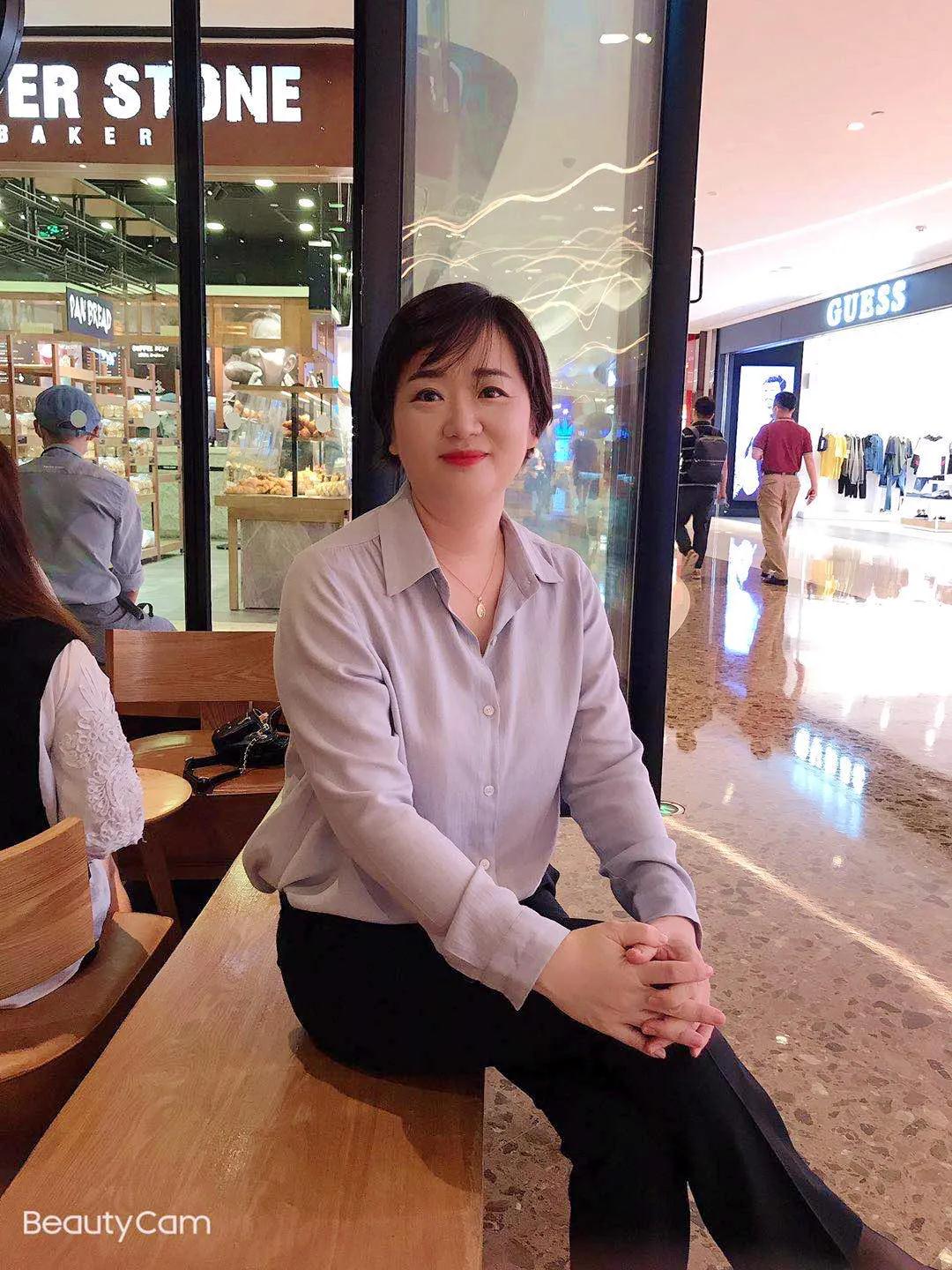South Korean: Shenzhen is an expat-friendly metropolis
Writer: Zhang Yu | Editor: Jane Chen | From: Shenzhen Daily | Updated: 2020-09-28
This is the 7th of a series of reports on expats sharing their stories with the Shenzhen Special Economic Zone, which celebrates its 40th anniversary this year.

If asked which city she would choose to live permanently, Yun Soo-hee, vice president of the South Korean chamber of commerce and industry in Shenzhen, said the answer would definitely be Shenzhen.
Yun, who has been living in Shenzhen for 19 years, can basically communicate in Chinese and her daughter, 13, speaks fluent Chinese. During the interview with Shenzhen Daily, Yun's daughter acted as a temporary interpreter.
Yun and her husband came to Shenzhen for business in 2001. Three years later, she started her own business in the city, setting up three companies, including a logistics company, a travel agency and an advertising firm. But the logistics company was closed years ago.
Yun said she had thought that Shenzhen was a backward place before she came to the city. However, her conjecture was proved wrong, as she found that the city was somewhat developed and it was clean.
Talking about the changes Shenzhen has gone through over the past years, Yun said the biggest change is the public transportation, which has become more convenient and efficient.
"Another great change is that Shenzhen has become bigger. The Shenzhen Special Economic Zone originally included only four districts, but later it was expanded to cover the whole city," Yun said.
In Yun's eyes, Shenzhen is a young city with legions of young people. Also, the city is friendly to expatriates and treats them equally as local citizens. "I have never been discriminated against or treated differently in Shenzhen. Everyone is so friendly and civilized," she said.
Donghai Community in Xiangmihu Subdistrict, which Yun and her family as well as many South Koreans reside in, is one of the several places in Shenzhen where foreigners gather and live.
Enjoying a friendly relationship, Xiangmihu and the South Korean chamber of commerce and industry in Shenzhen jointly hosted a cultural week in the subdistrict to enhance bilateral cultural exchanges in 2014. The cultural event later developed into an annual Sino-foreign international community carnival embracing a variety of cultures.
Yun has also been actively engaged in community affairs. During the COVID-19 outbreak earlier this year, Yun had helped the subdistrict convey information and give out masks and disinfectants door to door to South Koreans living in the subdistrict.
"The Shenzhen government has done a great job in epidemic prevention and control, which made us feel very much reassured," said Yun.
Yun was also impressed with the city's efforts to step up household waste sorting and make garbage classification compulsory.
Looking ahead, Yun hopes that Shenzhen can provide quality education and medical services that are accessible to all and on par with those of developed countries.